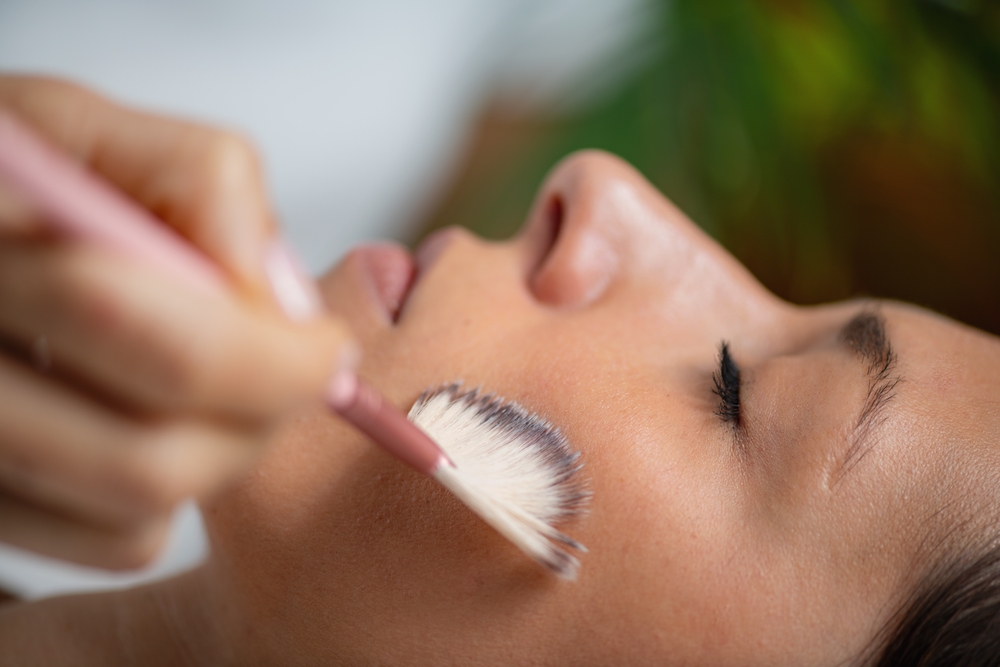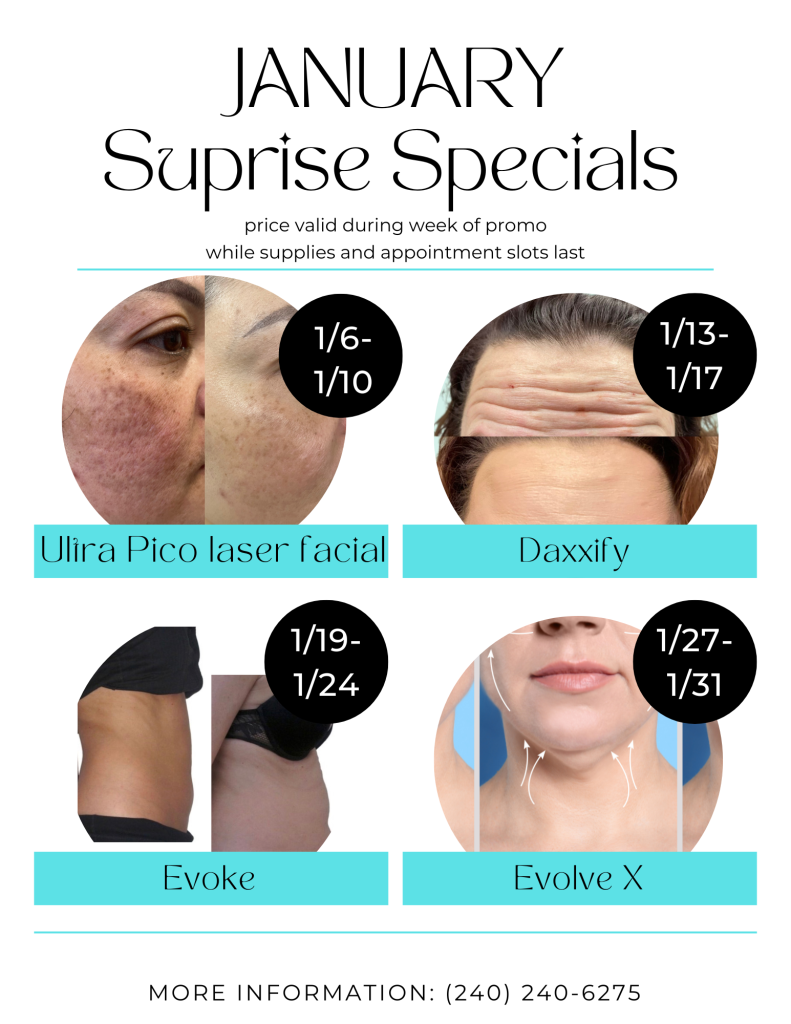If you’ve been battling acne or simply want to rejuvenate your skin, chemical peels in Columbia, MD might just be the treatment you’ve been searching for.
This ultimate guide breaks down everything you need to know about chemical peels—the different types, what they treat, and their effectiveness in combating acne and acne scars.
Let’s get into the nitty-gritty of this popular skincare treatment.
What Are Chemical Peels in Columbia, MD?
Chemical peels in Columbia, MD are skin-rejuvenating procedures where a chemical solution is applied to the skin to remove its top layers. Ultimately, the goal is to reveal smoother, more youthful skin underneath.
But how does it work? The chemicals cause the skin to exfoliate and eventually peel off, allowing new skin to replace the old, damaged layers.
Types of Chemical Peels
There are three main types of chemical peels:
1. Superficial Chemical Peels
Superficial peels use mild acids like alpha-hydroxy acid to gently exfoliate the outer layer of skin. These peels are ideal for treating minor skin issues such as dryness, uneven skin tone, and light acne scars.
They are also known as “lunchtime peels” because they require little to no downtime.
2. Medium Chemical Peels
Medium peels penetrate the outer and middle layers of skin using stronger acids like glycolic or trichloroacetic acid. Accordingly, these peels are effective for treating age spots, fine lines, wrinkles, and moderate acne scars.
However, they do require a bit more downtime for recovery.
3. Deep Chemical Peels
Deep peels offer the most dramatic results by penetrating the middle layer of skin. What’s more, they use potent acids like phenol to remove deep wrinkles, severe acne scars, and precancerous growths.
Due to their intensity, these peels involve significant downtime and should only be performed by a qualified dermatologist.
What Do Chemical Peels Treat?
Chemical peels in Columbia, MD offer a versatile range of treatments:
1. Acne and Acne Scars
One of the primary reasons people opt for chemical peels is to treat acne and its lingering scars.
By removing the top layers of skin, chemical peels can unclog pores, reduce inflammation, and diminish the appearance of scars.
It’s worth noting that superficial and medium peels are particularly effective for this.
2. Hyperpigmentation
Hyperpigmentation, or dark spots, can be caused by various factors, including sun damage, hormonal changes, and acne.
Fortunately, chemical peels can combat hyperpigmentation and even out skin tone by exfoliating the discolored layers.
3. Fine Lines and Wrinkles
Maturing skin loses its elasticity and develops fine lines and wrinkles.
Luckily, anti-aging chemical peels stimulate collagen production, leading to firmer, smoother skin with fewer visible signs of damage.
4. Uneven Skin Texture
If you’re dealing with rough, uneven skin texture, chemical peels in Columbia, MD can help.
More specifically, they remove the dead skin cells responsible for the roughness, leaving your skin feeling silky smooth.
Are Chemical Peels Good for Acne and Acne Scars?
Absolutely! Chemical peels are particularly beneficial for individuals struggling with acne and acne scars. Here’s why:
1. Exfoliation
Chemical peels provide deep exfoliation, which is crucial for removing dead skin cells that clog pores and contribute to acne. This process helps prevent future breakouts and keeps your complexion clear.
2. Collagen Stimulation
Acne scars often result from collagen damage. Since chemical peels promote collagen production, they help repair the skin’s structure and reduce the appearance of scars.
3. Reducing Oil Production
Certain chemical peels, like those containing salicylic acid, can reduce excessive oil production, one of the main culprits behind acne. By controlling oil levels, these peels help keep acne at bay.
How to Prepare for a Chemical Peel
Preparation is key to getting the most out of your chemical peel. Here’s what you should do:
1. Consult a Qualified Healthcare Provider
Always consult a qualified healthcare provider before undergoing a chemical peel. They can assess your skin type, problem areas, and recommend the most suitable peel for you.
2. Avoid Sun Exposure
Exposing your skin to the sun before a peel can make it more sensitive and prone to damage. Therefore, aim to stay out of the sun as much as possible in the weeks leading up to your appointment.
3. Stop Using Certain Skincare Products
Your provider may advise you to stop using retinoids, exfoliants, and other potent skincare products a few days before the peel to avoid irritation and over-sensitivity.
Schedule a Chemical Peel Consultation Today!
Ready to experience healthier, glowing skin? Take the first step and call our office to schedule a consultation with one of our highly skilled and experienced providers.



